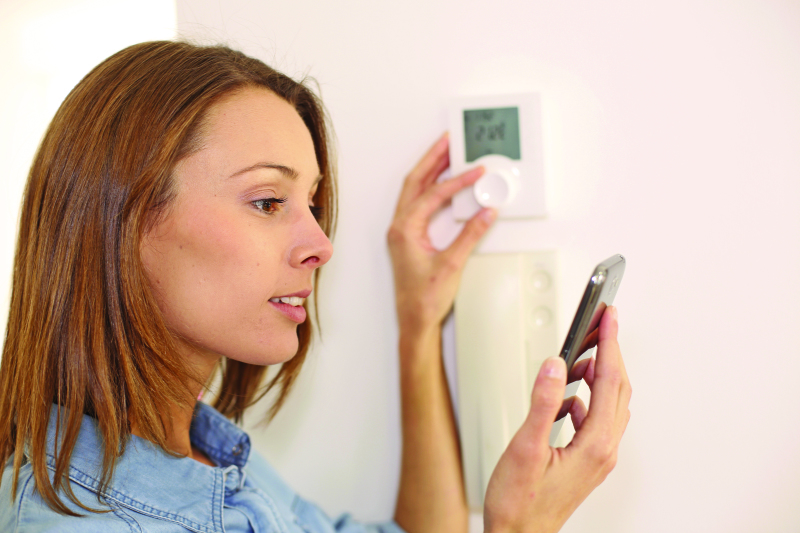What Does REME technology mean for Longview TX?
Feb 3, 2012

As the summer heat continues in Overton, Texas, one of the last things you want is for your HVAC system to fail. But you also don’t want to live with an old system that requires costly maintenance and isn’t energy efficient. If you see any of these warning signs, consider upgrading to a newer, more efficient HVAC system.
Your System Requires Constant Repairs
Even small repairs can turn into big expenses if they happen frequently. How do you know when repairing an older system isn’t worth the expense? Here’s a formula that can help you determine whether repairing or replacing the unit makes more sense.
Consider replacing your unit if: (Cost of repairs for the existing unit) x (Age of existing unit in years) > (Cost of a new unit).
Your System is Less Energy Efficient
If you have an older HVAC system in your home, chances are good that it’s not an Energy Star-rated or an energy-efficient unit. This means you might see a significant rise in your monthly utility bill as your system runs more frequently to keep your home cool. You might also consider upgrading your system if you start to experience high humidity levels in your home. This can be a sign that your system isn’t efficient enough to control both temperature and humidity.
Your System is Older Than 10 Years
HVAC systems generally last 10-15 years — maybe a few years longer if they’ve been well-maintained. So if your system is in the double digits, be prepared to replace it. One issue with older systems is that the United States is phasing out products using R-22 refrigerants and is switching to R-401A refrigerants. As this happens, you may find yourself unable to get replacement parts (like compressors) for your older system.
At JD’s A/C, we want to ensure you stay comfortable in your Texas home. Contact our experts at (903) 759-7483 for an analysis of your current system and information on the new HVAC systems that meet your needs.
Image provided by Shutterstock
